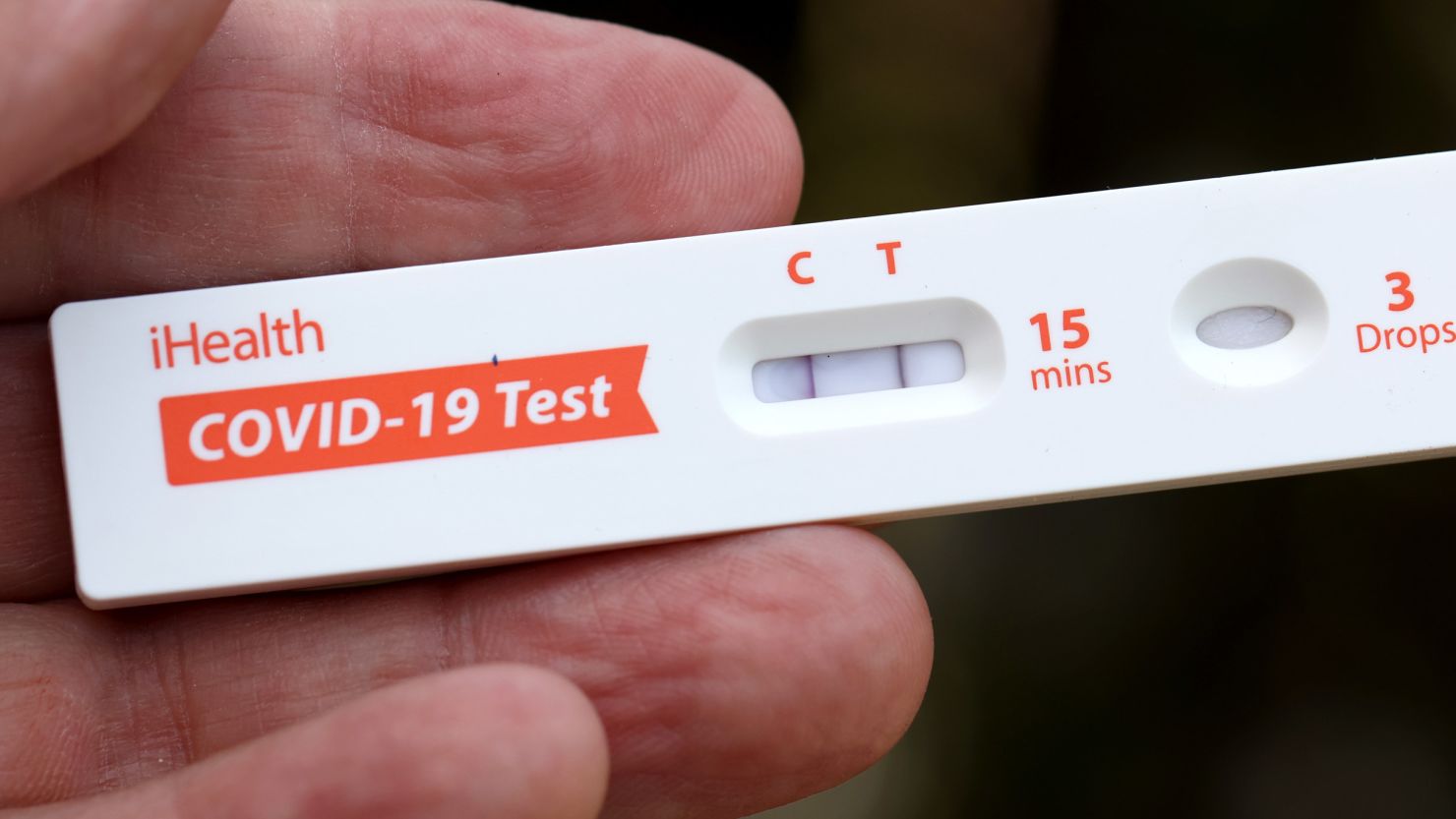Live Uterine Transplants: A Community Activist's Suggestion For Transgender Childbearing

Table of Contents
The Current Landscape of Transgender Reproductive Options
Currently, transgender individuals wishing to have biological children primarily rely on surrogacy or adoption. Surrogacy, while offering the chance for biological parenthood (using a partner's sperm or donor sperm), involves significant financial burdens, complex legal processes, and emotional complexities. The high cost of surrogacy often makes it inaccessible to many transgender individuals. Similarly, adoption, while a deeply fulfilling path to parenthood, faces lengthy waiting lists, bureaucratic hurdles, and potential discrimination against transgender prospective parents in some regions.
The limitations and challenges associated with these methods are substantial:
- High cost of surrogacy: The fees involved in surrogacy can range from tens of thousands to over a hundred thousand dollars, creating a significant financial barrier.
- Lengthy waiting lists for adoption: Adoption agencies often have extensive waiting lists, delaying the process of building a family significantly.
- Lack of legal protections for transgender parents in some regions: In some areas, legal protections for transgender parents are limited or non-existent, creating uncertainty and vulnerability.
- Emotional burden of relying on others for biological parenthood: The reliance on surrogates or adoption agencies can create emotional complexities for transgender individuals seeking to build a family.
Live Uterine Transplantation: A Potential Solution?
Live uterine transplantation, while still highly experimental, offers a potentially transformative solution. The procedure involves surgically transplanting a uterus from a living donor into a transgender recipient. While still in its early stages, successful live births following uterine transplants in cisgender women offer a glimmer of hope for the future of transgender reproductive healthcare.
The potential benefits for transgender individuals are substantial:
- Potential for pregnancy and childbirth for transgender individuals: This provides a pathway to biological parenthood not previously available.
- Increased autonomy and control over the reproductive process: It allows transgender individuals more control over their reproductive journey.
However, significant medical challenges and risks remain:
- High surgical risks and potential complications: Uterine transplantation is a major surgical procedure with inherent risks such as organ rejection, infection, and other surgical complications.
- Necessity for lifelong immunosuppressant medication: Recipients require lifelong immunosuppressant drugs to prevent organ rejection, which carries its own health risks.
- Ethical considerations regarding donor selection and consent: The ethical implications of donor selection and ensuring fully informed consent are crucial considerations.
Ethical and Societal Implications
The introduction of live uterine transplants for transgender individuals raises numerous ethical and societal implications. Central to the discussion is the balance between transgender rights and reproductive autonomy, and the potential for the procedure to exacerbate existing health inequalities.
Key ethical concerns include:
- Informed consent and patient autonomy: Ensuring that transgender individuals are fully informed about the risks and benefits before undergoing the procedure is paramount.
- Donor selection and potential exploitation: Careful consideration must be given to equitable donor selection processes that prevent exploitation or coercion.
- Access and equity in healthcare: Ensuring equitable access to this potentially expensive and complex procedure is vital, preventing it from becoming a privilege only the wealthy can afford.
- Societal acceptance and stigma reduction: Addressing societal stigma and fostering acceptance of transgender individuals and their reproductive choices is crucial.
- Potential for misuse or commodification of the technology: Safeguards must be in place to prevent the misuse or commodification of this technology.
The Role of Community Activism
Community activists play a vital role in navigating the complexities of live uterine transplants. Their involvement is crucial in advocating for:
- Advocacy for research and development: Actively promoting further research and development to improve the safety and efficacy of the procedure.
- Development of ethical guidelines and regulations: Collaborating with policymakers and medical professionals to develop rigorous ethical guidelines and regulations.
- Community support networks for transgender individuals: Creating support networks for transgender individuals exploring or undergoing this procedure. These networks can provide emotional support, practical assistance, and access to vital resources.
Conclusion
Live uterine transplants represent a potentially transformative, albeit highly complex and controversial, avenue for transgender individuals seeking biological parenthood. The procedure presents significant medical, ethical, and societal challenges. However, its potential to empower transgender individuals to experience biological parenthood warrants careful consideration. Further research, open ethical discussion, and robust community advocacy are crucial for responsibly exploring the future of live uterine transplants as a viable option within the broader framework of gender-affirming care and transgender reproductive health. We must continue the conversation surrounding live uterine transplants and the wider need for accessible and inclusive options for transgender childbearing. This includes advocating for increased research funding and ethical guidelines to ensure responsible implementation of this potentially life-changing technology.

Featured Posts
-
 Faster Nuclear Power Plants Trump Administrations New Approach
May 10, 2025
Faster Nuclear Power Plants Trump Administrations New Approach
May 10, 2025 -
 The Unthinkable A Familys Life Destroyed By A Racist Killing
May 10, 2025
The Unthinkable A Familys Life Destroyed By A Racist Killing
May 10, 2025 -
 Pandemic Fraud Lab Owner Convicted For Falsified Covid Test Results
May 10, 2025
Pandemic Fraud Lab Owner Convicted For Falsified Covid Test Results
May 10, 2025 -
 Current Petrol Prices In Nigeria Dangote And Nnpcs Role
May 10, 2025
Current Petrol Prices In Nigeria Dangote And Nnpcs Role
May 10, 2025 -
 Elizabeth Hurley A Look Back At Her Boldest Cleavage
May 10, 2025
Elizabeth Hurley A Look Back At Her Boldest Cleavage
May 10, 2025
